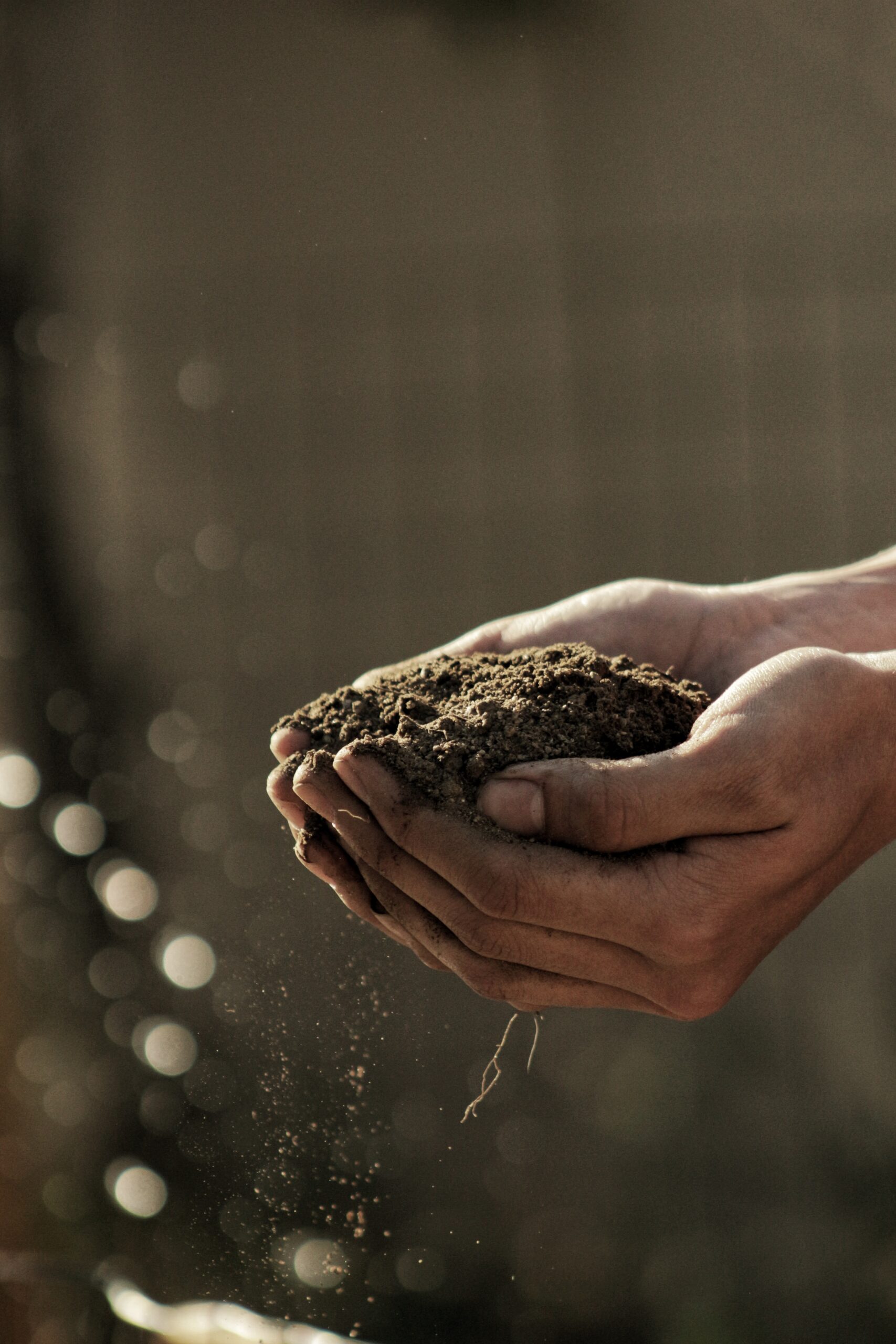GST (Goods and Services Tax) exemption plays a significant role in supporting and promoting the agriculture sector in many countries. It allows certain agricultural products or activities to be exempt from GST or value-added tax (VAT). These exemptions aim to provide relief and support to farmers and other stakeholders in the agriculture sector. Let’s explore the key aspects of GST exemption in the agriculture sector and how it affects various agricultural products and activities.
The agriculture sector is a crucial part of the global economy, providing food and other resources to people worldwide. This sector encompasses various activities, including crop production, livestock farming, forestry, and fishing.
Agriculture significantly contributes to the national economy, providing employment and income for millions of people. In addition to producing food for human consumption, agriculture offers raw materials for industries such as textiles, pharmaceuticals, and biofuels. The agriculture sector faces various challenges, including climate change, soil degradation, water scarcity, and producing more food for the growing global population. To address these challenges, farmers and other stakeholders in the agriculture sector are turning to sustainable farming practices, such as precision agriculture, conservation agriculture, and agroforestry. These practices can help to increase yields, reduce waste, and protect the environment.
The agriculture sector is also essential in achieving the United Nations Sustainable Development Goals, particularly poverty reduction, food security, and sustainable agriculture. There is a growing recognition that sustainable agriculture practices are essential for achieving these goals and ensuring that future generations have access to the resources they need to thrive.
GST EXEMPTION ON AGRICULTURE SECTOR
Certain agricultural products or activities are exempt from the goods and services tax (GST) or value-added tax (VAT) to support and promote the agriculture sector in many countries. Here are some common examples of GST exemptions in the agriculture sector:
- Supply of agricultural produce: In India, the supply of fresh fruits, vegetables, unprocessed grains, and milk is exempted from GST. Similarly, in Australia, the collection of fresh food and agricultural products is generally exempted from the Goods and Services Tax.
- Agricultural inputs: Many countries provide exemptions or reduced GST rates on agricultural inputs like seeds, fertilizers, pesticides, and irrigation equipment. For example, in Malaysia, GST does not apply to the supply of goods such as fertilizers, pesticides, and agricultural machinery.
- Livestock and poultry: In some countries, the supply of animals, poultry, and their products is exempt from GST. For instance, in Canada, the sale of live animals, semen, eggs, and feed for livestock is zero-rated under the GST/HST.
- Agricultural services: Several countries provide exemptions or reduced GST rates on agriculture-related services. For example, in New Zealand, agricultural contracting, land management, and shearing services are exempt from GST.
- Farming equipment: In some countries, farming equipment and machinery are either exempt from GST or have a reduced rate. For instance, in South Africa, equipment such as tractors, harvesters, and planters is zero-rated under the Value-Added Tax Act.
GST EXEMPTION IS NOT AVAILABLE IN SUCH CASES:
Goods and Services Tax (GST) was introduced in India on July 1, 2017. GST applies to all goods and services, including those in the agriculture sector. Here are some examples of GST in the agriculture sector:
- Fertilizers: GST on fertilizers is 5%. Fertilizers are essential for agricultural production, and the lower tax rate makes them more affordable for farmers.
- Pesticides: GST on pesticides is 18%. Pesticides protect crops from pests and diseases, and the higher tax rate reflects their non-essential nature.
- Agricultural machinery: GST on agricultural machinery such as tractors, harvesters, and threshers is 12%. These machines are used to cultivate, harvest, and process crops.
- Dairy products: GST on milk and milk products are exempted. However, products such as butter, cheese, and ghee are taxable at a rate of 5%.
- Meat products: GST on meat and meat products varies from 0% to 12%. For example, fresh meat is exempt



